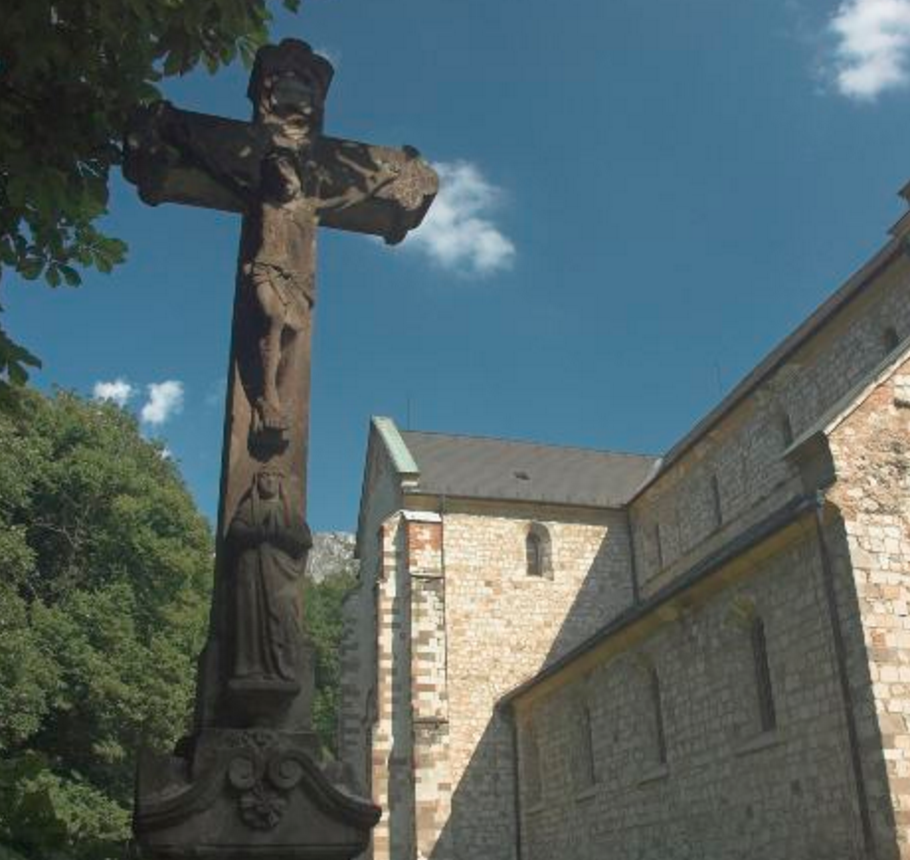Succumbing to literalist interpretations to justify prejudices

Question & Answer
Cynthia from Engleswood, New Jersey asks:
Question:
I belong to a church that has a fairly sophisticated membership. We are inclusive and pride ourselves on our openness to diversity of race, socio-economic background, ethnic background and sexual orientation. It’s a warm, comfortable atmosphere in which to worship, and people remark on the welcoming nature of our congregation. I cringe, however, every time we enter the Lenten season, especially as we get closer to Palm Sunday and Good Friday. Some of the references to the Jews clearly foster an anti-Semitic atmosphere. There are Jews in the choir and some in the congregation as well. While sophisticated people realize there is a 2000-year span of time between the Crucifixion and today, still there are people who succumb to literalist interpretations and justify their own prejudices. I am especially concerned about the impression this makes on children and for the feelings of the Jews who sit in the pews and listen to these readings. How can we address this and still read the accounts in a faithful manner?
Answer: Kevin G. Thew Forrester, Ph.D.

Over the past decade I have worked with communities within the Episcopal church, at least one of which has various faith traditions counted among its worshiping membership, to reconceive the vision of Holy Week, to draw upon radically inclusive translations of scriptural texts, and to preach in such a way as to deliberately and forthrightly acknowledge the anti-Jewish history and rhetoric of prayer, song, and story, and to rewrite the liturgies we pray that shape our searching souls. Let me offer a few concrete examples.
Our flyer for Holy Week speaks of The Wisdom Way of Christ: A Holy Path for 21st Century Seekers. The spiritual path of the realization of our Christic nature, not sacrificial atonement, is the genesis of our worship. Within this embracing vision, the distinct liturgical days receive their renewed focus, drawing principally from the Wisdom literature of the scriptures. The Reign of Wisdom is the meaning of Palm Sunday. Being Sent to Serve is the thrust of Maundy Thursday. Companionship and Cross, not abandonment and isolation, is the heart of Good Friday, and the reality that Light Renews our Life is the message of Easter.
But it is not enough to reform the liturgies of Holy Week. The liturgies and readings and songs and prayers which shape us throughout the entire year must be reworked to reflect more clearly the Jewish spirituality of Jesus of Nazareth. We also need to radically expand our vision of what a faith community is today. For not only are there Jews who sit beside Christians in our faith communities, there are also Muslims and Unitarians and Buddhists and those who consciously eschew labels of identification and are searching for a safe place to search and question and be supported.
What this diverse presence brings is an invitation: the faith community exists not to convert to a belief system, but to welcome into faith journey. There is a universal relevance in the Christic wisdom path of Jesus: each and every being is a unique and precious embodiment of the Holy Source; a chosen One of immeasurable worth. Too often the light of Christ is dulled and distorted by text and ritual when it need not be. Our responsibility is to polish the lenses from centuries of deadening dust.
~ Kevin G. Thew Forrester, Ph.D.
This Q&A was originally published on Progressing Spirit – As a member of this online community, you’ll receive insightful weekly essays, access to all of the essay archives (including all of Bishop John Shelby Spong), and answers to your questions in our free weekly Q&A. Click here to see free sample essays.
About the Author
Kevin G. Thew Forrester, Ph.D. is an Episcopal priest, a student of the Diamond Approach for over a decade, as well as a certified teacher of the Enneagram in the Narrative Tradition. He is the founder of the Healing Arts Center of St. Paul’s Church in Marquette, Michigan, and the author of five books, including “I Have Called You Friends“, “Holding Beauty in My Soul’s Arms“, and “My Heart is a Raging Volcano of Love for You” and “Beyond my Wants, Beyond my Fears: The Soul’s Journey into the Heartland“.
